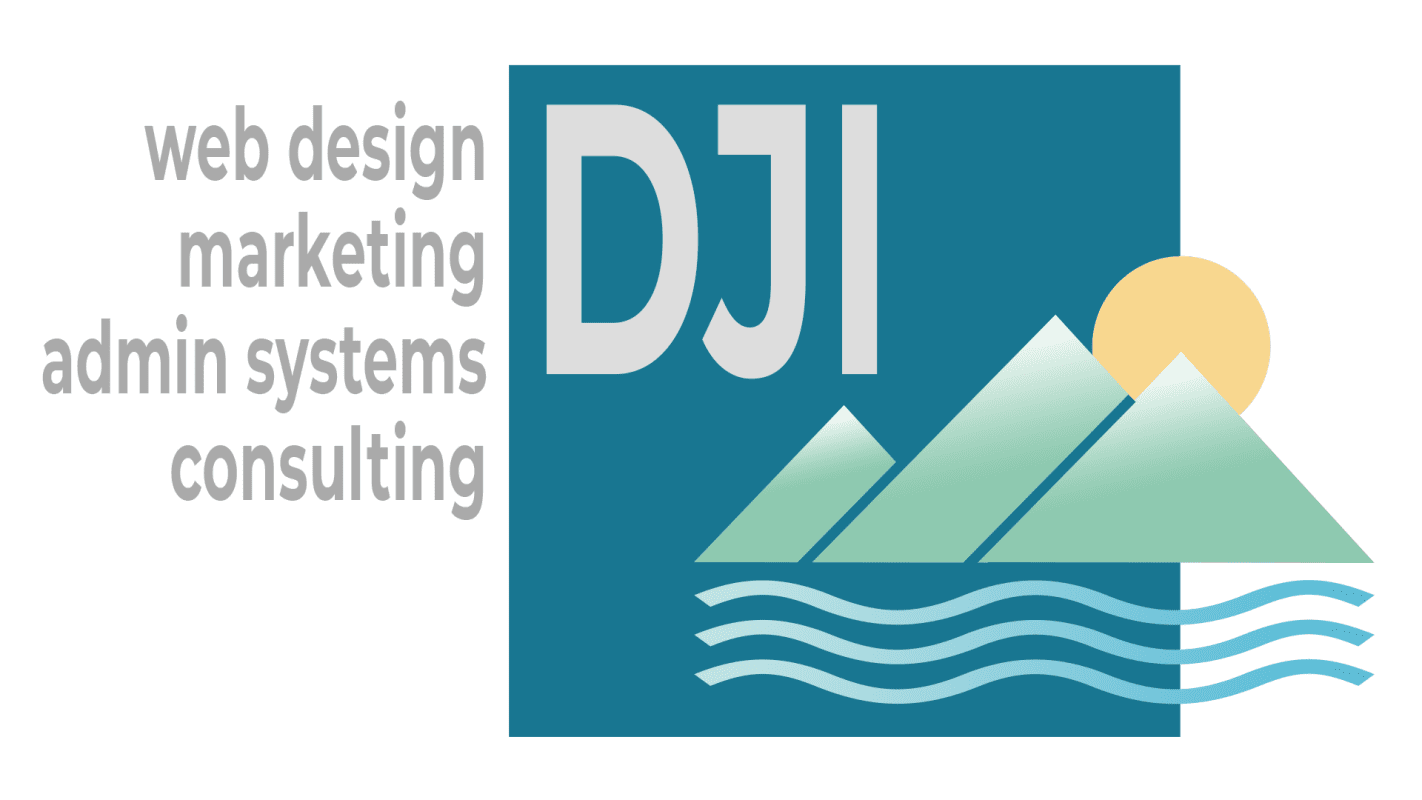Photo by Firmbee.com on Unsplash
These notes may well be significantly revised on a regular basis. If this sort of thing is of any interest I'd urge you to invest in yourself: bookmark and check back for regular updates, or perhaps even sign-up below for update notifications.
Click here to learn more about 'Pragmatics' and browse all my Notes ...
It’s about time you stopped procrastinating!
TL;DR
- That familiar feeling of not having enough hours in the day because you are just “so busy” all the time may well be masking the fact that you are actually procrastinating on your most important objectives.
- Time to stop rearranging the deckchairs on the Titanic and get on with properly spotting the iceberg and changing course!
- A simple daily process can make a huge difference to how effectively you achieve your goals.
Context
If you happen to be working in an environment where you only have relatively menial tasks to achieve and little flexibility in what constitutes being productive, then this might still apply to a side hustle or something else you want to achieve in your life. But probably not your day-to-day work.
If, however, you are tasked with achieving long-term objectives and left with a decent amount of flexibility as to how you go about it, or you are in the happy position of being master of your own destiny then this is for you.
And whilst I discuss procrastination in broad terms, I am not referring to the obvious things like wasting your time on social media or playing video games instead of working. It’s more about appearing to be working and gaining the false reward of a good feeling about a busy day, without actually moving the needle a great deal towards your main objectives.
Thoughts
Effective productivity has very little to do with how many things you clear from your task list, or the number of hours you work. Nor is it about making your current tasks any more efficient or less time consuming. The very important distinction is that it is about consistently spending the majority of your time on your most valuable and most important tasks. In other words genuine productivity could be described as being continuously focused on your priorities. With the added requirements of tackling them both efficiently and producing high quality output.
So it might be about eliminating, or even delegating “busywork” so that you can preserve your mental bandwidth, time and energy for those things which are truly important to you. Or your employer!
Yet we are sometimes inexorably drawn towards complexity. Unnecessarily making things more complex than they actually need to be, overlooking simplicity because it simply isn’t exciting enough!
“There seems to be some perverse human characteristic that likes to make easy things difficult.” – Warren Buffett
Busywork might be defined as all those tasks and activities which consume a good deal of time and energy even though they don’t significantly contribute to the achievement of our most important goals and objectives. It’s easy to fall into the trap of doing busywork simply because these activities may hold some value and lead to some progress, and often because they are the things which allow us to tick off a large number of tasks very quickly and easily with limited mental bandwidth, and which make us feel like we have achieved a good deal.
And that subtle demon, procrastination, can easily masquerade as busywork.
A Few Examples:
Constantly tweaking and updating minor aspects of your website, constantly refining and amending your task list, your personal knowledge management system, anything which appears on the surface to be described as work, but which in itself makes limited forward progress towards your overall objectives.
Yet many people rarely stop to analyse the value of these tasks. They only consider the quantity of their output, not the quality. In other words busywork leads to a sense of achievement which is a false reward. And since false rewards lead to the same dopamine spikes in the brain which tangible rewards would also achieve, they are mistaken for forward progress.
But so much of the time these false rewards do not lead to significant progress towards our most desired outcomes, they have simply soaked up the time which you may have had available to do something much more productive. And it’s this sense of false reward, and feeling of occupying our time with “useful” activity which delivers a sense of reward and accomplishment but is completely out of balance with its true value.
But as long as we can stay busy, we don’t feel the need to question ourselves. After all, we are crushing it, aren’t we? We’re hustling and working hard, so the fact that we don’t achieve our big goals can’t be due to our own failure, right?
We couldn’t be more wrong.
Genuine productivity is often about doing less, not more; in other words achieving more rather than doing more.
It is far easier to improve your genuine productivity by subtracting tasks rather than adding them to your schedule. It’s about identifying and eliminating those items which occupy a good deal of time and energy but contribute a little to the realisation of your objectives. It’s about doing fewer things, but making sure that those things you do work on are incredibly valuable and mission-critical for the achievement of your goals.
Not only will you become significantly more productive by thinking this way but you will also be less overwhelmed and have better focus. Achieving your goals noticeably more quickly. This analytical process should be continuous, baked into your daily routine. Question everything and assess which tasks are, and are not, worthy of your time and attention. You will start to completely transform the way you work.
A quick summary of how to implement this in your daily work life is to use three very simple steps:
1. You will need to identify your most valuable desired outcomes. This is a useful exercise for both short-term and long-term perspectives. For example, what do you want to achieve today, and what will really make a difference? Or does something that you might do today contribute substantially to a weekly, monthly, or even annual objective? This should enable you to identify your most valuable desired outcome, the number one goal that you should work towards.
2. Evaluate your to-do list and make sure that 80% of the time that you spend at your desk or wherever your workplace is, contributes significantly to whatever you identified in step one. There may be some tasks which you simply cannot avoid, but minimise these as much as possible. Anything else which is not relevant to your overall goal should simply be postponed or better still completely written off!
3. Take a look back over what you’ve done for the last two or three weeks and identify anything which might even marginally be considered to be busywork. Make a list of these, put it up in front of you and make sure you never do any of these again prior to achieving a goal or unless they contribute in step two above to achieving that goal.
It really is that simple, eliminate the distractions, focus on the important stuff.
To Conclude
There are no revolutionary ideas here, but it’s worth remembering that it does take a very conscious approach to avoid inadvertently slipping back into busywork. And one of my daily routines for the first 15 to 20 minutes of every single working day is to run through step two to make sure that my goals for that particular day are in complete alignment of my long-term values and objectives.
Of course, I’ve already clarified exactly what step one entails, and cleared out all of the mental and time-consuming cutter in step three long ago!










